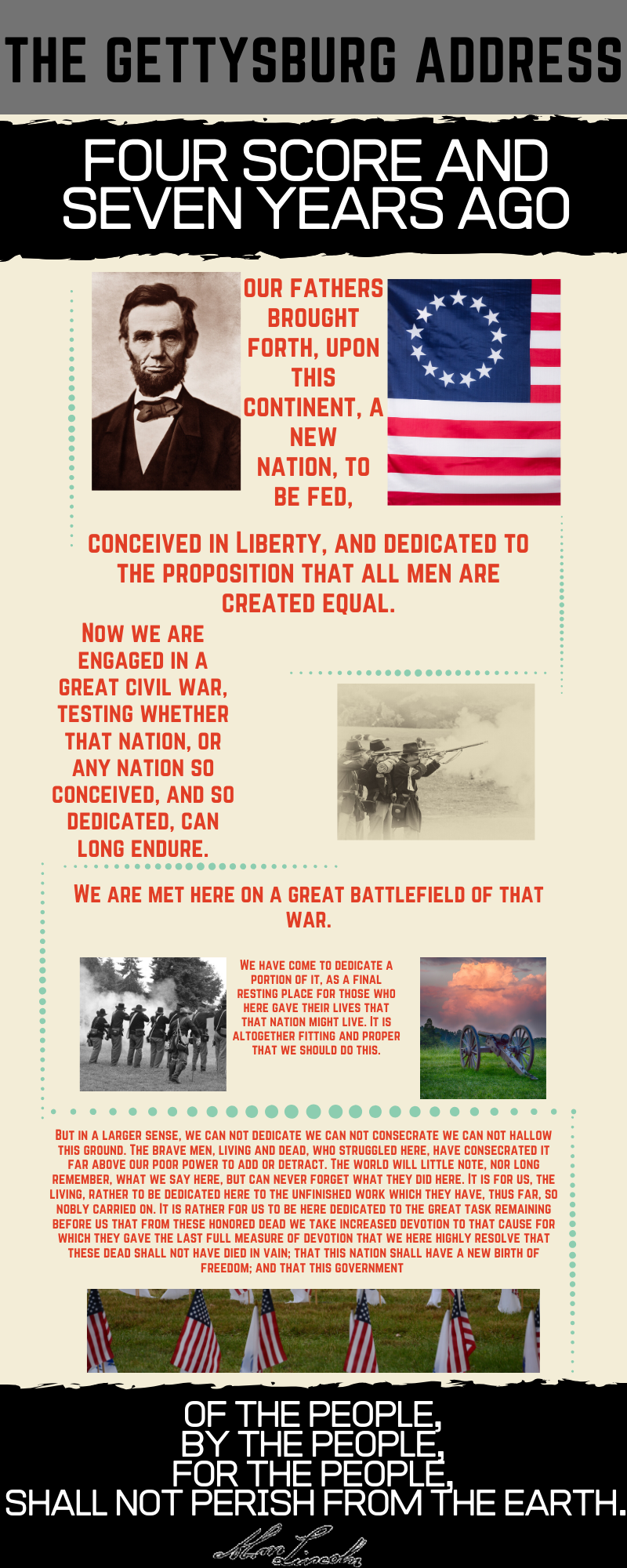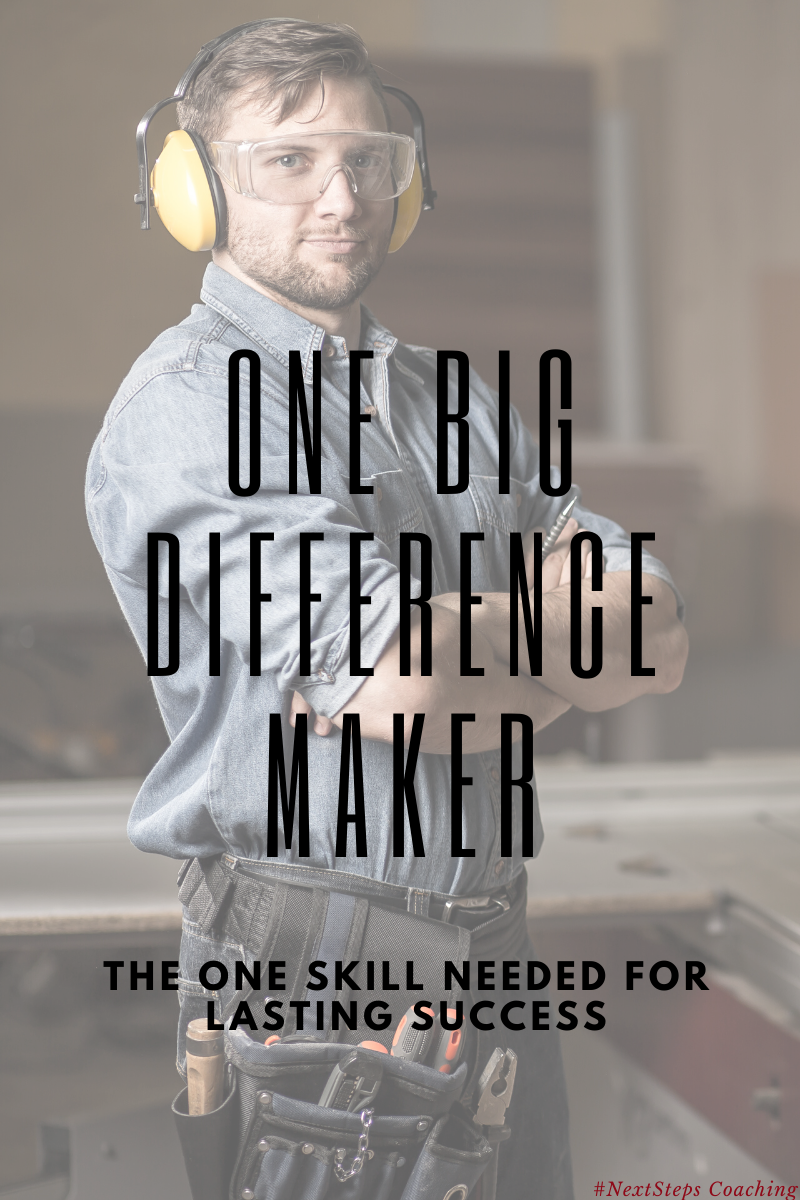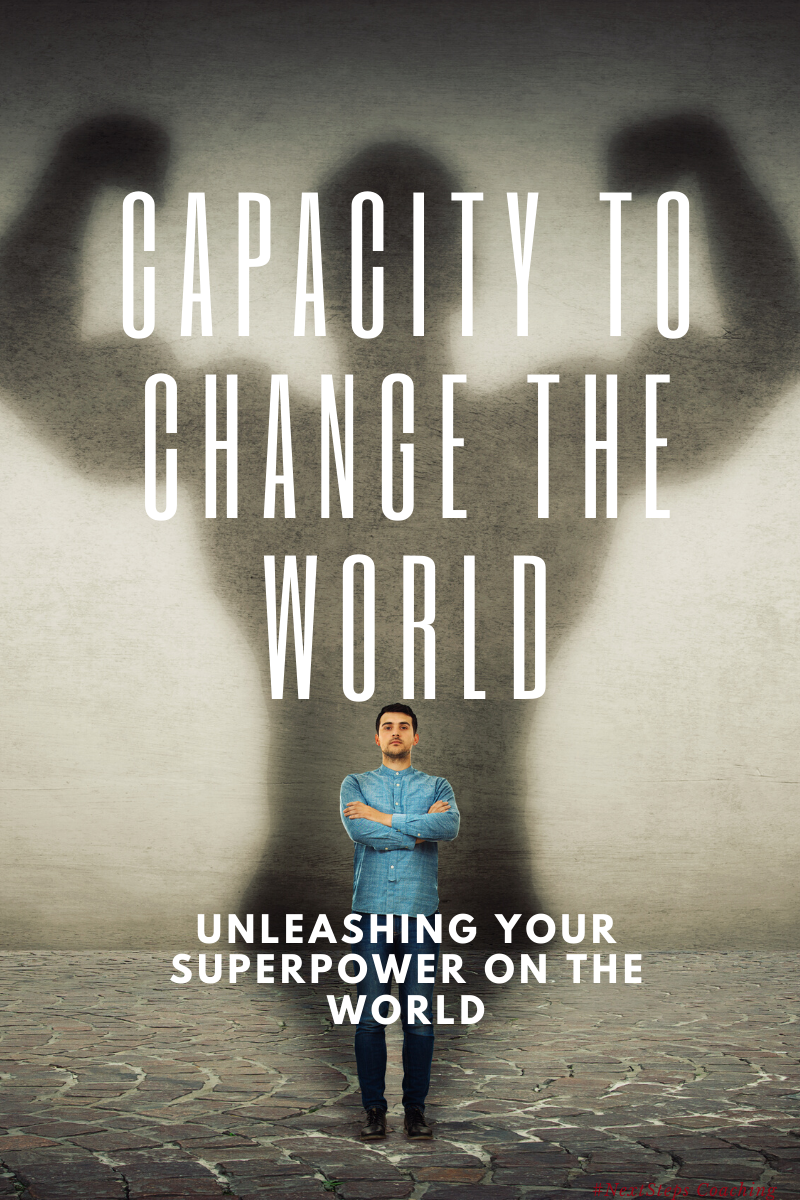
Transformational Teamwork
As we emerge from quarantine and are reopening, our customers are facing problems. There are some new ones we can anticipate, some old ones that we can continue to meet, and there will be new ones we never see coming.
The victors will be those that adapt and overcome. Ulysses Grant, who hated the war life, once gave the philosophy that made him successful, despite his disdain for his occupation: “The art of war is simple enough. Find out where your enemy is. Get at him as soon as you can. Strike him as hard as you can and keep moving on.”
For our businesses, it might read something like: “Find the problem your customers have. Create a solution as quickly as possible. Implement your answer as best as you know how. Adapt. Repeat. Overcome.” 
Together, Lincoln and Grant practice what I have come to call transformational teamwork. They built the vision and strategy, shared it with their team, and the tirelessly executed the plan. Transformational teams practice three key characteristics in all they do.
Clear Goals and Directions
The first requirement for transformational teams is to have clear goals and directions. Lincoln and Grant made their vision abundantly clear. For Lincoln, it was freedom for slaves and preservation of the Union. Grant implemented this through the term “unconditional surrender.” In fact, Grant would be known by this phrase so much that for a time people that U.S. Grant’s initials stood for “Unconditional Surrender.” The goal was clear: until the south abolishes slavery and lays down its arms without thought of picking them up again, the war has not been won.
We know the goals and directions we have for our businesses. As entrepreneurs, owners, or key stakeholders, we know why we get up every morning. We know what we’re chasing and the dream we are trying to accomplish. What about your employees or others around you? Can they articulate it clearly? Do they know, like Grant know how to implement the plan to achieve the goal?
Effective Communication
The second piece required for transformational teams is effective communication. It is not enough to know the goals and directions we must communicate that information with our team. During seasons of stress, conflict, or failure, communication is often the first thing to go. Legacy Leaders know how important clear, concise, and effective communication is.
Effective communicate is done regularly. It seeks two-way feedback and establishes rules and norms. Clear Communication talks about not just what and how, but also why. It honors others, builds bridges, minimizes conflict, and restores relationships.
In times of stress or setback, good communication is often the first thing to go. People resort to perspective and bias. To preconceived notions about the way the world works. To overcome this, clear communication is a must. Anytime there is poor communication, issue an apology, and own your mistake. 
As tension mounts, humility and the ability to ask for forgiveness keeps the team united and focused on what really matters. Create a culture of open dialogue, feedback, humility, and reconciliation and watch your transformational team thrive.
360-Coaching
The final component of Transformative Teamwork is what I call 360-Coaching. More than normal feedback and assessment performance reviews, it is focused on real-time, growth-oriented feedback. Instead of backward reflection, instill future-focused development opportunities.
The official definition of coaching from the International Coaching Federation is this: “partnering with clients in a thought-provoking and creative process that inspires them to maximize their personal and professional potential.”
360-Coaching takes the whole person and seeks to develop them. Employers who care about both their employee’s productivity and their outside life, inspire confidence, instill loyalty, and extend grace. This is important because as much as we may pretend that our outside life doesn’t affect our work, that just isn’t the case.
Offering real-time feedback circumvents a chance for negative experiences or poor performance while opening up communication lines.
When high-performing leaders set clear goals, keep an open communication, and coach the whole person, a transformative team is born. A transformative team can conquer an obstacle and overcome any hardship.
This is an excerpt and adaptation of a business development seminar. To read additional excerpts, you can find part one here and part two here. To watch the presentation, go here.









